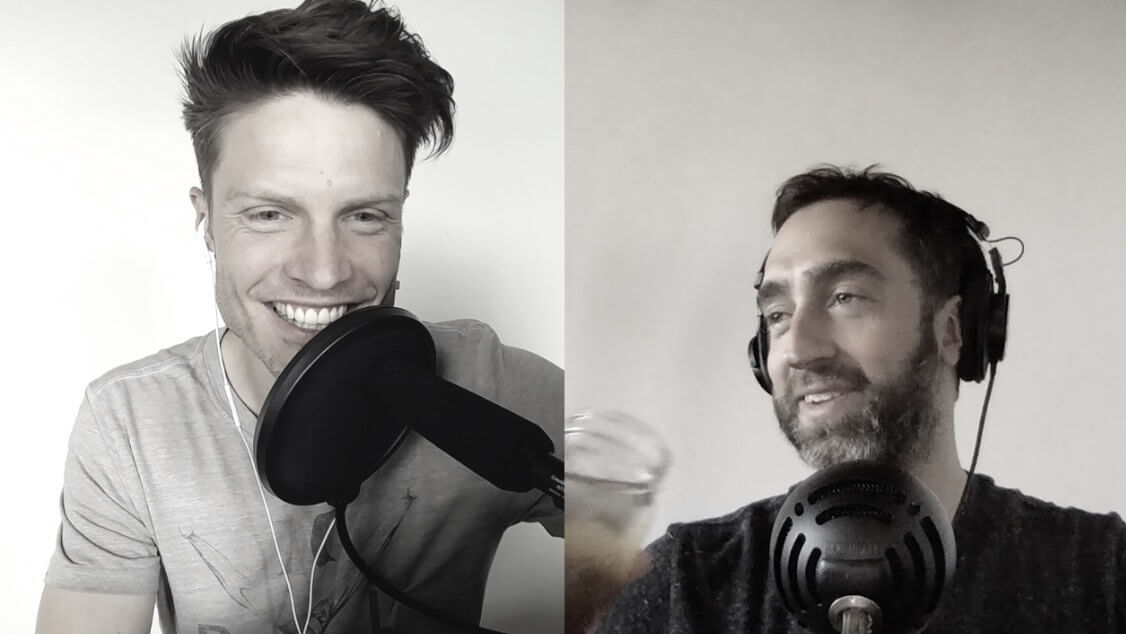Oops! That page doesn't exist.
👋 Hi! We're Transistor.fm.
We're a podcast hosting and analytics platform. All you'll need to do is record your audio, and upload it to Transistor. We'll help you submit your show to platforms like Apple Podcasts and Spotify.
You can learn more about how to start a podcast here.
About us
Transistor was founded by Jon Buda and Justin Jackson in 2018.

Today, we serve over 16,300 podcasts of all types. Our customers include indie podcasters, small businesses, and enterprise companies. Folks like IBM, Indie Hackers, Netlify, Basecamp, VH1, ProfitWell, Ionic, and Laravel.